Meet the Team
Principal Investigators
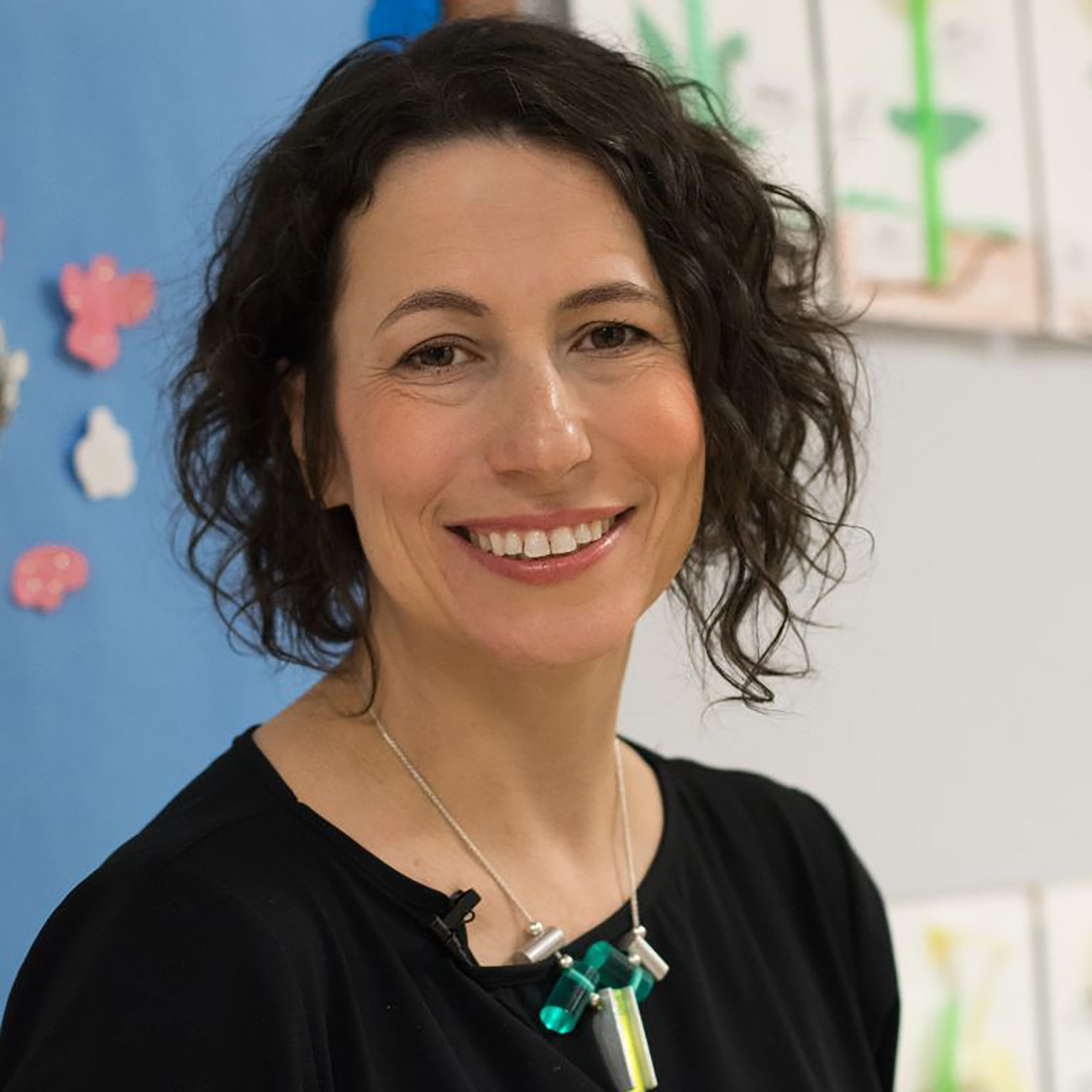
Kylie Peppler
Kylie Peppler is a Professor of Education and Informatics at the University of California, Irvine. An artist by training, Kylie Peppler specializes in the design of new technologies to support learning and participation within traditionally minoritized populations. Her research focuses at the intersection of arts, STEM, and learning ecosystems. Peppler led a number of reports for the Wallace Foundation, including the 2013 New Opportunities for Interest-Driven Arts Learning in a Digital Age, which presented a framework for understanding youths’ creative endeavors, online and elsewhere, in the out-of-school-hours; as well as the 2022 Connected Arts Learning report, which bridged work in connected learning with what is known about high-quality arts education.
Kylie Peppler is a Professor of Education and Informatics at the University of California, Irvine. An artist by training, Kylie Peppler specializes in the design of new technologies to support learning and participation within traditionally minoritized populations. Her research focuses at the intersection of arts, STEM, and learning ecosystems. Peppler led a number of reports for the Wallace Foundation, including the 2013 New Opportunities for Interest-Driven Arts Learning in a Digital Age, which presented a framework for understanding youths’ creative endeavors, online and elsewhere, in the out-of-school-hours; as well as the 2022 Connected Arts Learning report, which bridged work in connected learning with what is known about high-quality arts education.
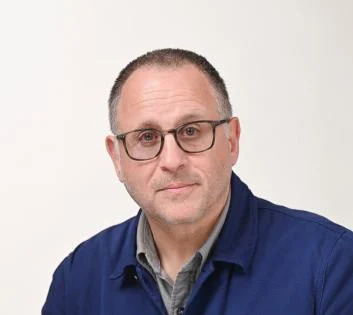
Julian Sefton-Green
Julian Sefton-Green is a Professor of New Media Education at Deakin University, Melbourne, Australia. Julian is interested in all things digital from a critical perspective. He has worked and researched at many levels of the education system and on many projects around the world including: classroom interactions, school life, curriculum change, creative media practices, youth community centres and out-of-school digital cultures over the last 30 years. Julian is particularly interested in forms of learning outside of the school, both in non-formal learning institutions and in everyday social activities; and how these might play a part in wider political projects of educational reform. He wants to explore how everyday uses of the digital intersect with social inequality in order to enable learning in young people’s cultural, creative, civic and political lives.
Julian Sefton-Green is a Professor of New Media Education at Deakin University, Melbourne, Australia. Julian is interested in all things digital from a critical perspective. He has worked and researched at many levels of the education system and on many projects around the world including: classroom interactions, school life, curriculum change, creative media practices, youth community centres and out-of-school digital cultures over the last 30 years. Julian is particularly interested in forms of learning outside of the school, both in non-formal learning institutions and in everyday social activities; and how these might play a part in wider political projects of educational reform. He wants to explore how everyday uses of the digital intersect with social inequality in order to enable learning in young people’s cultural, creative, civic and political lives.

Daniela DiGiacomo
Daniela Kruel DiGiacomo is an Assistant Professor in the School of Information Science at the University of Kentucky. With a background in teaching and social work, Dr. DiGiacomo’s program of research currently focuses on how to design formal and informal learning settings in ways that support and extend young people’s lived experiences, interests, and expertise. As a learning scientist trained in the sociocultural tradition, her scholarship is guided by a commitment to pursuing research that is both just-conferring and humanizing-- research that proceeds with the assumption that diversity is a resource to be leveraged, rather than a problem to be solved.
Daniela Kruel DiGiacomo is an Assistant Professor in the School of Information Science at the University of Kentucky. With a background in teaching and social work, Dr. DiGiacomo’s program of research currently focuses on how to design formal and informal learning settings in ways that support and extend young people’s lived experiences, interests, and expertise. As a learning scientist trained in the sociocultural tradition, her scholarship is guided by a commitment to pursuing research that is both just-conferring and humanizing-- research that proceeds with the assumption that diversity is a resource to be leveraged, rather than a problem to be solved.

Sam Mejias
Sam Mejias (he/him) is Dean of the School of Art, Media, and Technology, and Associate Professor of Social Justice and Community Engagement at Parsons School of Design, The New School in New York. Working primarily as an ethnographer, Sam's research explores the cultural politics of social justice and civic engagement in the US, Europe and the Middle East. His projects investigate how design, discourse and communication influence the promotion of critical learning, equity, and civic engagement in the lives of young people in formal and informal spaces.
Research Team Members
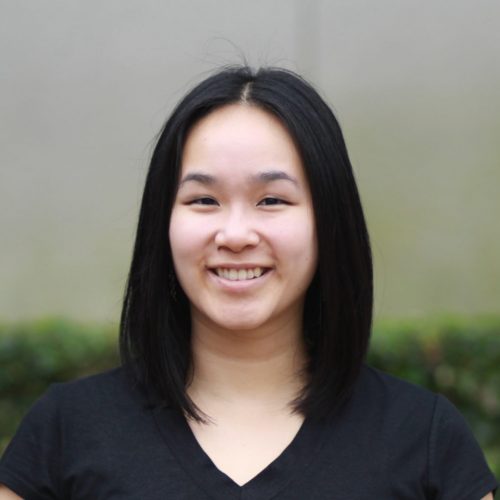
Phebe Chew
Phebe Chew is a Ph.D. student in Education at University of California, Irvine. She is interested in sociocultural perspectives around learning in out-of-school spaces, with special interest around how identity and relationships shape learning in the culinary arts and food media. She is drawn to exploring expanded definitions of learning and development and the many evolving ways, settings, and relational contexts through which it can happen. She hopes to do work that recognizes and highlights these often-invisible dynamics and processes, especially as they occur within minoritized populations and communities. Phebe received her Bachelor of Arts in Liberal Arts from Soka University of America, and her MEd in Educational Counseling from the University of Southern California. In her free time, Phebe can be found looking for a way to create: whether through recipe testing, writing, music, drawing, or graphic design.
Phebe Chew is a Ph.D. student in Education at University of California, Irvine. She is interested in sociocultural perspectives around learning in out-of-school spaces, with special interest around how identity and relationships shape learning in the culinary arts and food media. She is drawn to exploring expanded definitions of learning and development and the many evolving ways, settings, and relational contexts through which it can happen. She hopes to do work that recognizes and highlights these often-invisible dynamics and processes, especially as they occur within minoritized populations and communities. Phebe received her Bachelor of Arts in Liberal Arts from Soka University of America, and her MEd in Educational Counseling from the University of Southern California. In her free time, Phebe can be found looking for a way to create: whether through recipe testing, writing, music, drawing, or graphic design.

Seth Corrigan
Seth Corrigan is a research scientist working with the Creativity Labs at University of California, Irvine. He specializes in the use of quantitative methods with a focus on measurement, psychometrics and machine learning to develop novel learning and assessment technologies.
Seth Corrigan is a research scientist working with the Creativity Labs at University of California, Irvine. He specializes in the use of quantitative methods with a focus on measurement, psychometrics and machine learning to develop novel learning and assessment technologies.
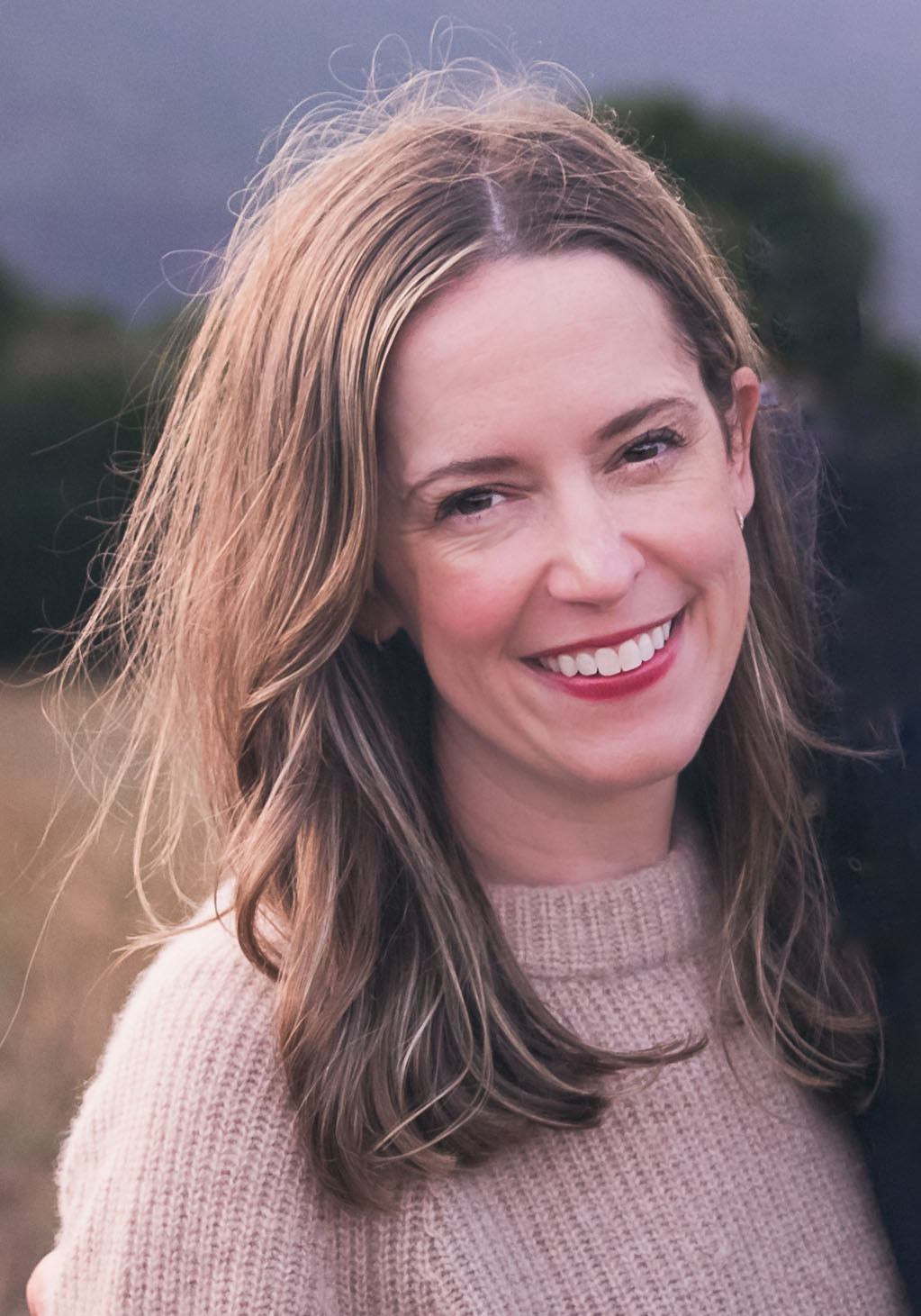
Maggie Dahn
Maggie Dahn is an Associate Project Scientist at the University of California, Irvine working with the Connected Learning Lab and Creativity Labs. She completed her PhD at UCLA’s Graduate School of Education & Information Studies in 2019 with support from an NAEd/Spencer Dissertation Fellowship. Maggie engages in design research to study how people learn in different contexts, and her background as a visual arts and classroom teacher informs her perspective on how children and youth learn in and through the arts, the affordances of art making for the development of voice and identity, and issues of access and equity in arts education.
Maggie Dahn is an Associate Project Scientist at the University of California, Irvine working with the Connected Learning Lab and Creativity Labs. She completed her PhD at UCLA’s Graduate School of Education & Information Studies in 2019 with support from an NAEd/Spencer Dissertation Fellowship. Maggie engages in design research to study how people learn in different contexts, and her background as a visual arts and classroom teacher informs her perspective on how children and youth learn in and through the arts, the affordances of art making for the development of voice and identity, and issues of access and equity in arts education.
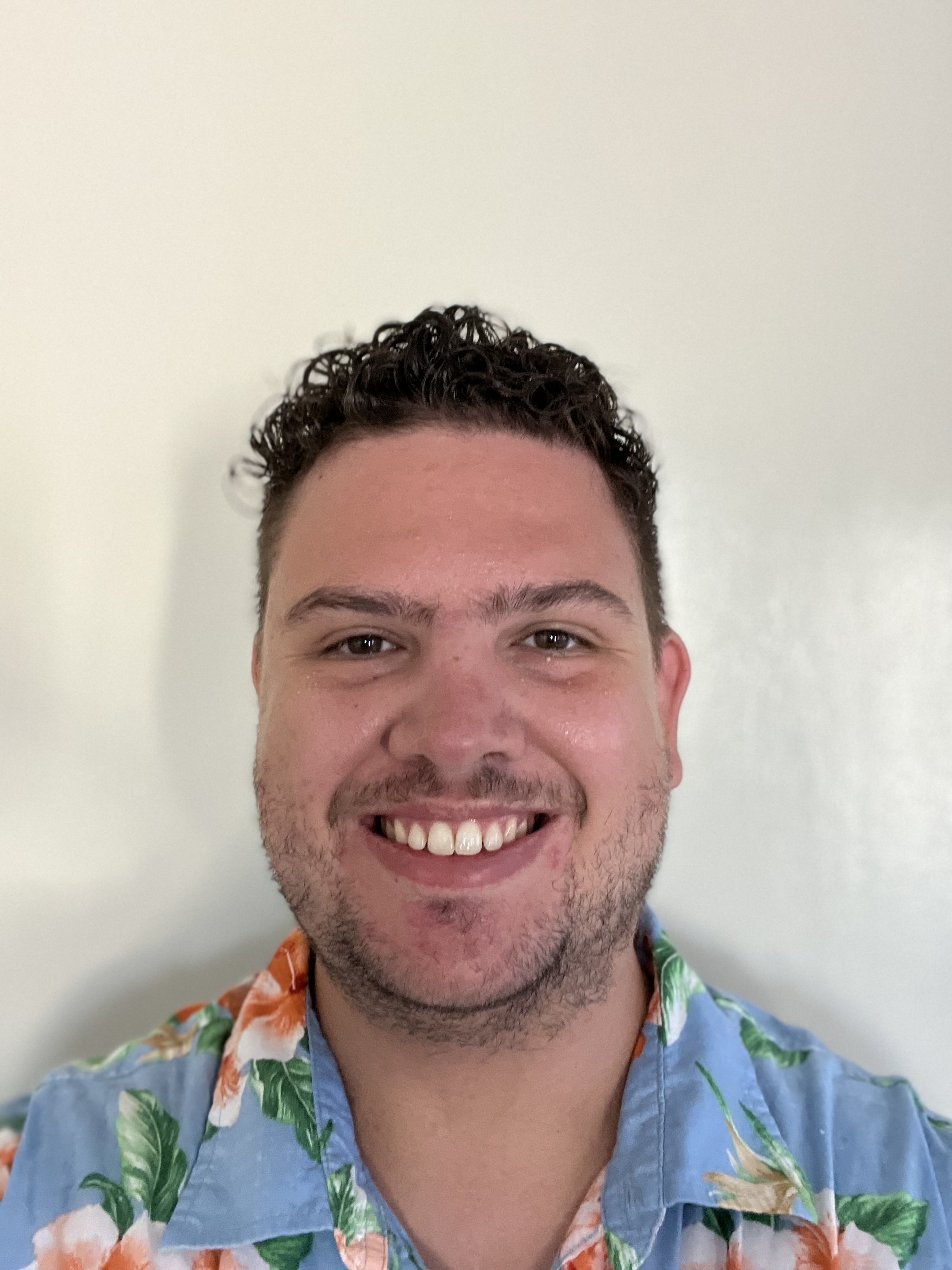
Ramon de Haan
Ramon L. C. de Haan (he/him) is a PhD student in Anthropology at The New School for Social Research in New York. His dissertation research focuses on Black liberation and repair for colonialism and slavery in the Afro-Dutch diaspora: specifically, Suriname, Curaçao, and the Netherlands. As a mixed-race person with Dutch-Surinamese roots, he is interested in the political, socio-cultural, and transnational processes of activists and other political actors in their fight for repair efforts, and to learn what kinds of futures they are working towards. Ramon is also a founding board member of the Dumont-Huiswoud Foundation, the international bureau of the Dutch political party BIJ1. In his free time, he enjoys painting and reading/watching science fiction books and shows, especially Afrofuturist works.
Ramon L. C. de Haan (he/him) is a PhD student in Anthropology at The New School for Social Research in New York. His dissertation research focuses on Black liberation and repair for colonialism and slavery in the Afro-Dutch diaspora: specifically, Suriname, Curaçao, and the Netherlands. As a mixed-race person with Dutch-Surinamese roots, he is interested in the political, socio-cultural, and transnational processes of activists and other political actors in their fight for repair efforts, and to learn what kinds of futures they are working towards. Ramon is also a founding board member of the Dumont-Huiswoud Foundation, the international bureau of the Dutch political party BIJ1. In his free time, he enjoys painting and reading/watching science fiction books and shows, especially Afrofuturist works.
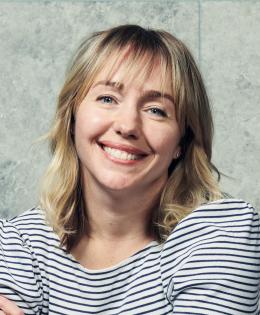
Pariece Nelligan
Pariece Nelligan is postdoctoral research fellow at the Centre for Research in Educational Impact (REDI) at Deakin University, Melbourne, Australia. She is currently researching the impact of non-formal community arts education in the lives of marginalised and disadvantaged youth. Her research interests include vocational aspiration and creative careers, precarious labour and gig work, youth employment and transitions; and non-formal and informal vocational education and training. She is the co-author of "The Creativity Hoax: precarious work and the gig economy" (Anthem, 2018). She received her PhD at the Institute for Culture and Society, Western Sydney University where she is also currently an adjunct research fellow, and is a freelance dance teacher.
Pariece Nelligan is postdoctoral research fellow at the Centre for Research in Educational Impact (REDI) at Deakin University, Melbourne, Australia. She is currently researching the impact of non-formal community arts education in the lives of marginalised and disadvantaged youth. Her research interests include vocational aspiration and creative careers, precarious labour and gig work, youth employment and transitions; and non-formal and informal vocational education and training. She is the co-author of "The Creativity Hoax: precarious work and the gig economy" (Anthem, 2018). She received her PhD at the Institute for Culture and Society, Western Sydney University where she is also currently an adjunct research fellow, and is a freelance dance teacher.
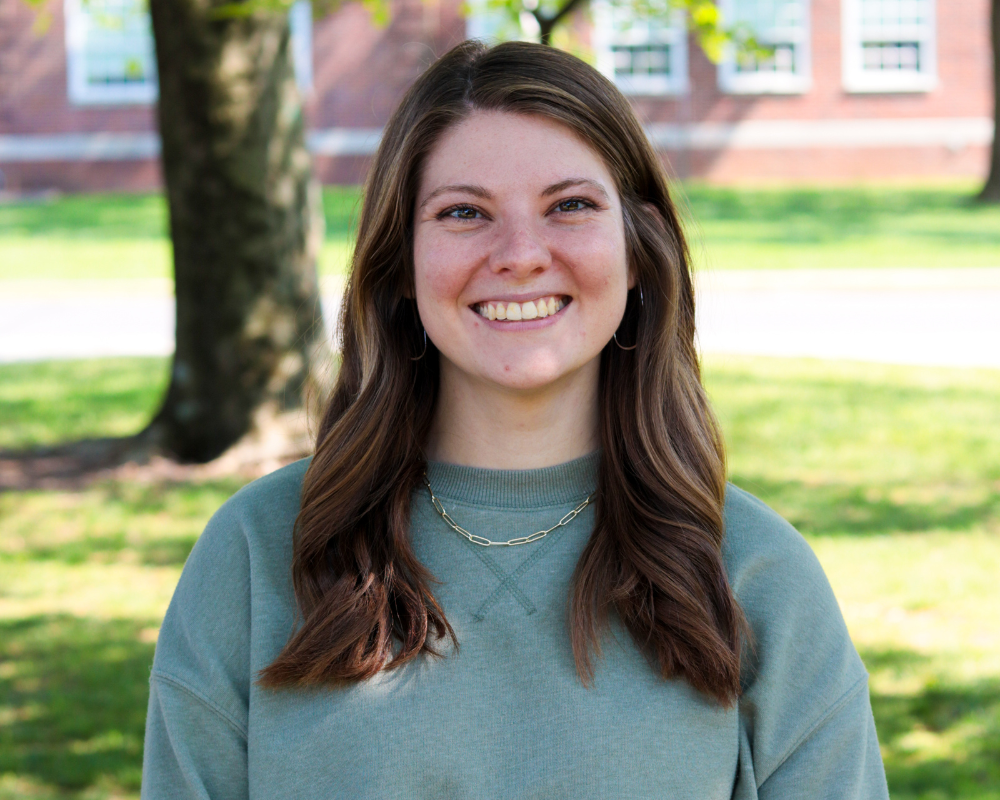
Sara Trapp
Sara is a University of Kentucky Masters in Social Work graduate and Kentucky Certified Social Worker who is committed to creating safe spaces of belonging within communities. With a focus on organization, communication, and supporting people where they are, she cultivates authentic connections with students, families, and community partners.
Sara is a University of Kentucky Masters in Social Work graduate and Kentucky Certified Social Worker who is committed to creating safe spaces of belonging within communities. With a focus on organization, communication, and supporting people where they are, she cultivates authentic connections with students, families, and community partners.
Acknowledgements
We would like to share our heartfelt appreciation for those who have worked on this project: Vera Michalchik, Phebe Chew, Sara Isaacs, Christina Hewko, Mengqi Gao, Ramon de Haan, Barbara Truc Pham, Santiago Ojeda Ramirez, Mariama Henry, Aakriti Bisht, Haoning Jiang. With special thanks to Amy Gedal Douglass & Bronwyn Bevan